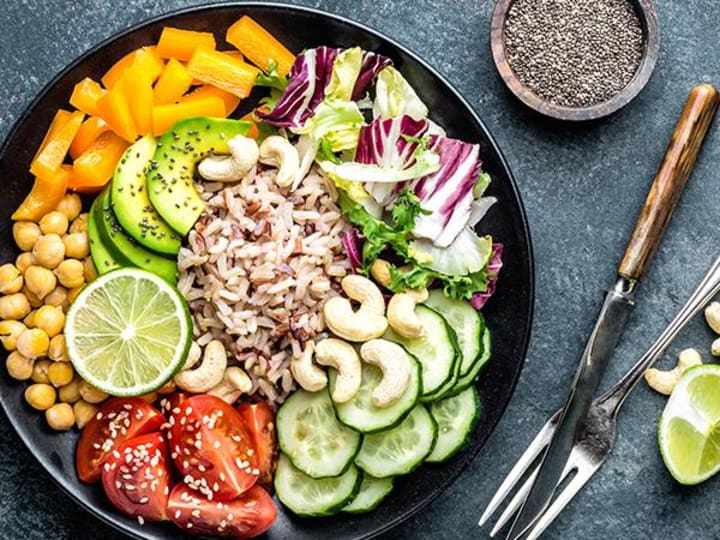With the endless supply of skincare on the shelves, it is easy to forget that skin is actually an organ (the biggest organ in our body) and it benefits from a nutritious, wholesome diet just like your heart or liver.
Dr Frankie Jackson-Spence is here to bust the myths and give you some diet tips for looking after your skin.
Skin cells, like every other cell in our body, are constantly undergoing a renewal process, being shed and replaced by younger cells. Ensuring those new skin cells are well nourished is key to healthy looking skin. Therefore, a diet rich in key nutrients is crucial to support the growth and repair required throughout this process.
Protein
Collagen is the key protein to skin’s structural integrity, giving it that ‘plumped’ look. In order to produce collagen, you must consume good sources of dietary protein which may include lean meat, fish, legumes, beans, nuts, seeds, edamame.
Antioxidants
Antioxidants are molecules that neutralise free radicals, the culprits for damaging DNA in our skin cells and contributing to skin ageing. Fruit and veg are rich in micronutrients, so aiming for the trusty ‘5-a day’ will also help your skin!
Think rich leafy greens such as spinach and kale for antioxidants lutein and vitamin A, avocados for vitamin E, tomatoes for Vitamin A, C and the antioxidant lycopene, and blueberries for vitamin C, K and antioxidant flavonoid. Remember variety is key and you don’t need to consume in excess to reap the rewards.
1 portion = 1 handful fruit or veg.
Water
Drinking more water is probably the easiest change you can make to your diet. Skin appearance is a medically recognised sign of dehydration: one of the tests we do in the hospital to see if patients are dehydrated is look at their skin – are their eyes a bit sunken in? Does the skin feel plump? Do they have reduced skin turgor? So, make sure you drink approximately 2 litres per day to keep those eye bags at bay!
Dairy
The biggest myth I see on social media is that dairy products cause acne. The hypothesis is that dairy products contain hormones called androgens which are claimed to stimulate the sebum-producing glands in your face to produce oil, contributing to acne. Whilst some people anecdotally report that cutting out dairy works miracles for their skin, there have been no studies to every prove the relationship. Cutting out a food group is an extreme approach and may not be necessary.
SPF
Whilst the saying, “It’s what’s on the inside that counts” is definitely important, dietary changes will only help supplement your skin regime. 80% of skin ageing (wrinkles, dark circles and pigmentation) are caused by sunlight, so my number 1 top tip is to buy a good SPF50 face cream and wear it every day – even in winter.
Sunlight is composed of two types of rays, UVA and UVB rays. UVA rays cause ageing – think A for Ageing – and in the UK, even though you might not tan or burn, these pesky rays are still causing skin damage. UVB rays are responsible for burning – think B for Burning. Ensure your sunscreen includes protection from both UVA and UVB rays.
Remember, no one diet fits all and there may be lots of factors contributing to your skin health, including diet, stress, skin care products, genetics and hormones.
What is your go-to skincare regime?
Let us know in the comments down below.
Follow Dr Frankie Jackson-Spence on Instagram here: @drfrankiejs

